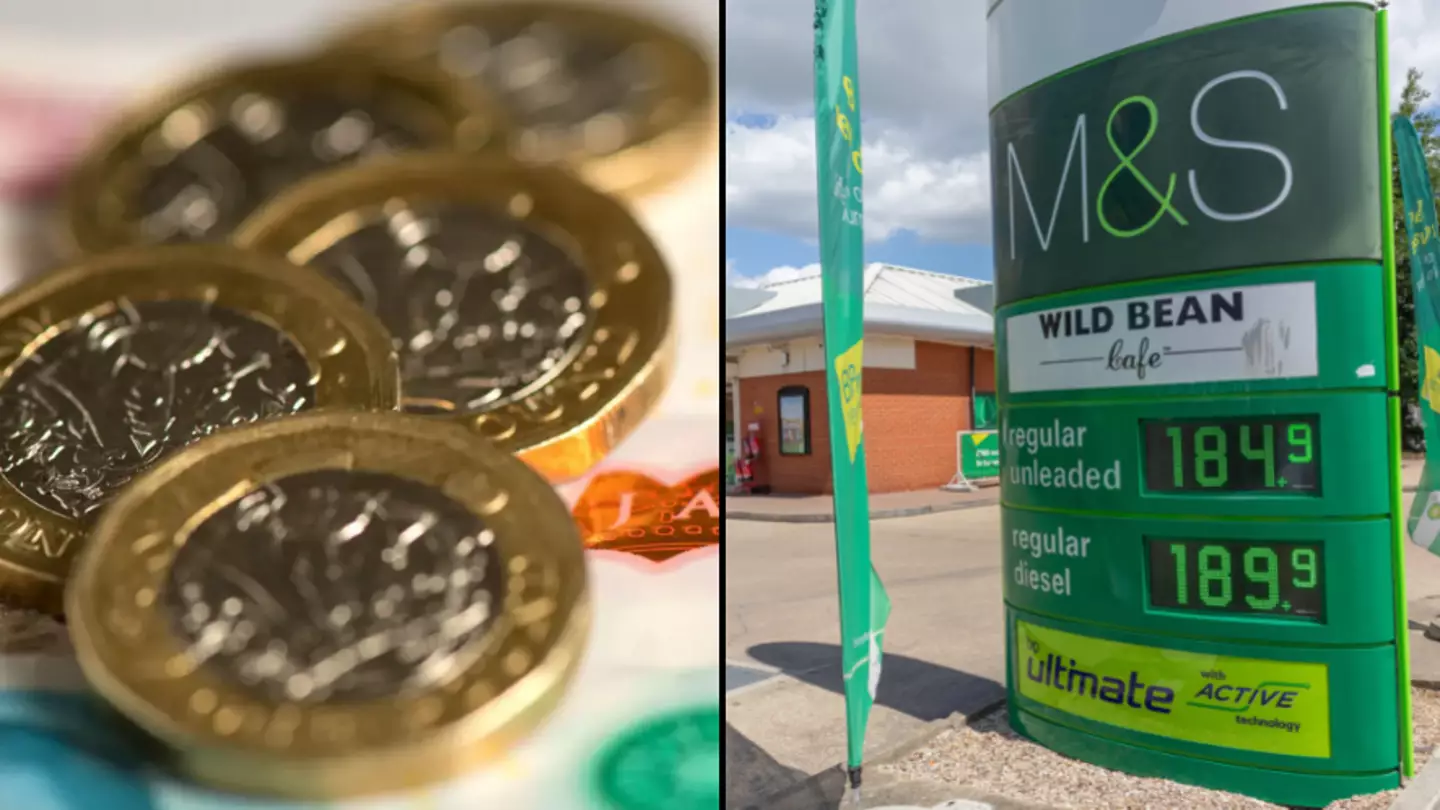
Top economists are warning that we're all in for a tight couple of years - as a perfect storm of financial and political pressures combine to leave us with less cash and more tough choices to make.
“If you look at the headline figures, real household disposable income - one of our best measures of living standards - is going to fall this year and next year. The size of the fall this financial year – 2022 to 2023 – will be the largest since records began in the 1950s, That is absolutely huge.”
This pessimistic forecast, offered by Olly Bartrum, a senior economist at the Institute for Government, is unfortunately shared by many currently trying to make sense of the cost-of-living crisis.
Or, as it probably should be seen, a reduction in the quality of life for pretty much everyone.
Advert

Most experts agree with figures from the Resolution Foundation that estimate 1.3 million people – of which 500,000 are children – are set to be plunged into ‘absolute poverty’.
That means that they’ll be forced to choose between basic human amenities such as food and energy, and many will be forced to choose between feeding themselves and their children.
Some of the problems are outside of the scope of the UK government – the slack rebound from Covid-19, Brexit, war in Ukraine placing strain on supply chains and sanctions against Russia forcing energy prices higher – but with energy companies reporting huge profits whilst those already living precariously are forced to choose between heating and eating, how much of this slump is politically driven?
Bartrum continued: “When you look at the distribution and how it hits different people, the story gets even more grim because although households spend broadly similar proportions of their household income on energy bills, it will hit lower income households much harder because they have much less disposable income to cushion this blow."
Advert
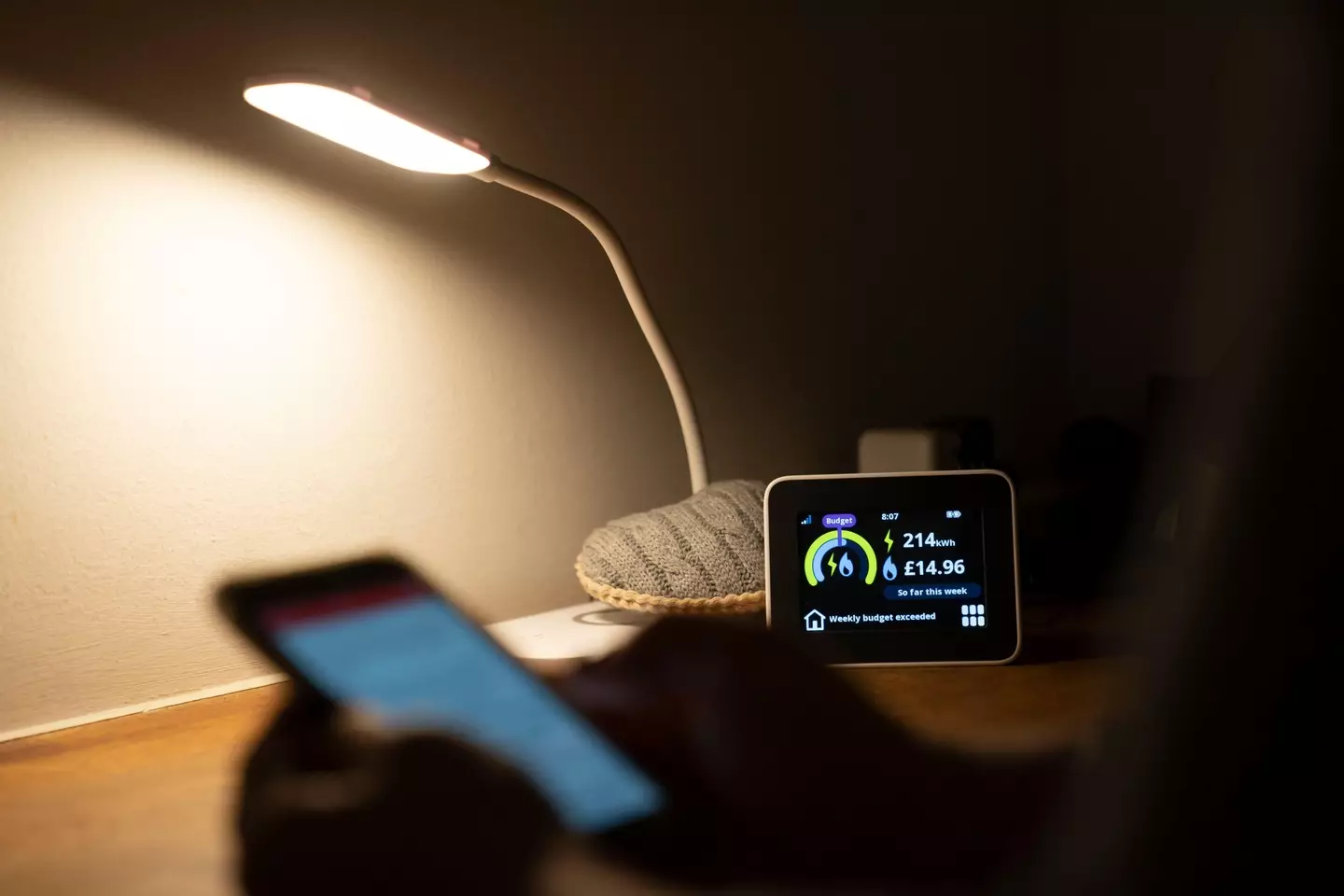
“You’re going to have lots of households – potentially 1.3 million people – choosing between heating and eating.
“Ultimately it’s a political choice about who you want to help, and the chancellor is free to make whatever choice he wants but the response from economists and others was largely one of surprise that he didn’t offer more support for fewer people at the lower end of the income distribution given the money he wanted to spend.”
Greg Thwaites, research director at the Resolution Foundation, said: “It’s far worse for the people at the bottom because there’s less discretionary spending that they can cut because they don’t really have any.
“They’re only spending their money on essentials - and essentials are essential, right?
Advert
“But the further up the income distribution you go, more of people’s spending isn’t essential.
“They aren’t choosing between eating and heating, even though people who are doing quite well are turning the heating down and putting jumpers on.”
He continued: “There’s a rough couple of years ahead.
“A lot depends on factors that happen outside of the United Kingdom – there were already large rises in heating, oil prices and gas prices before the war started in Ukraine, but this war will make things worse.
“There are food prices and energy prices that are determined on world markets.
Advert
“Those things could get worse, it’s totally conceivable that they get better as well, but I don’t expect either of those things are the most likely scenario."
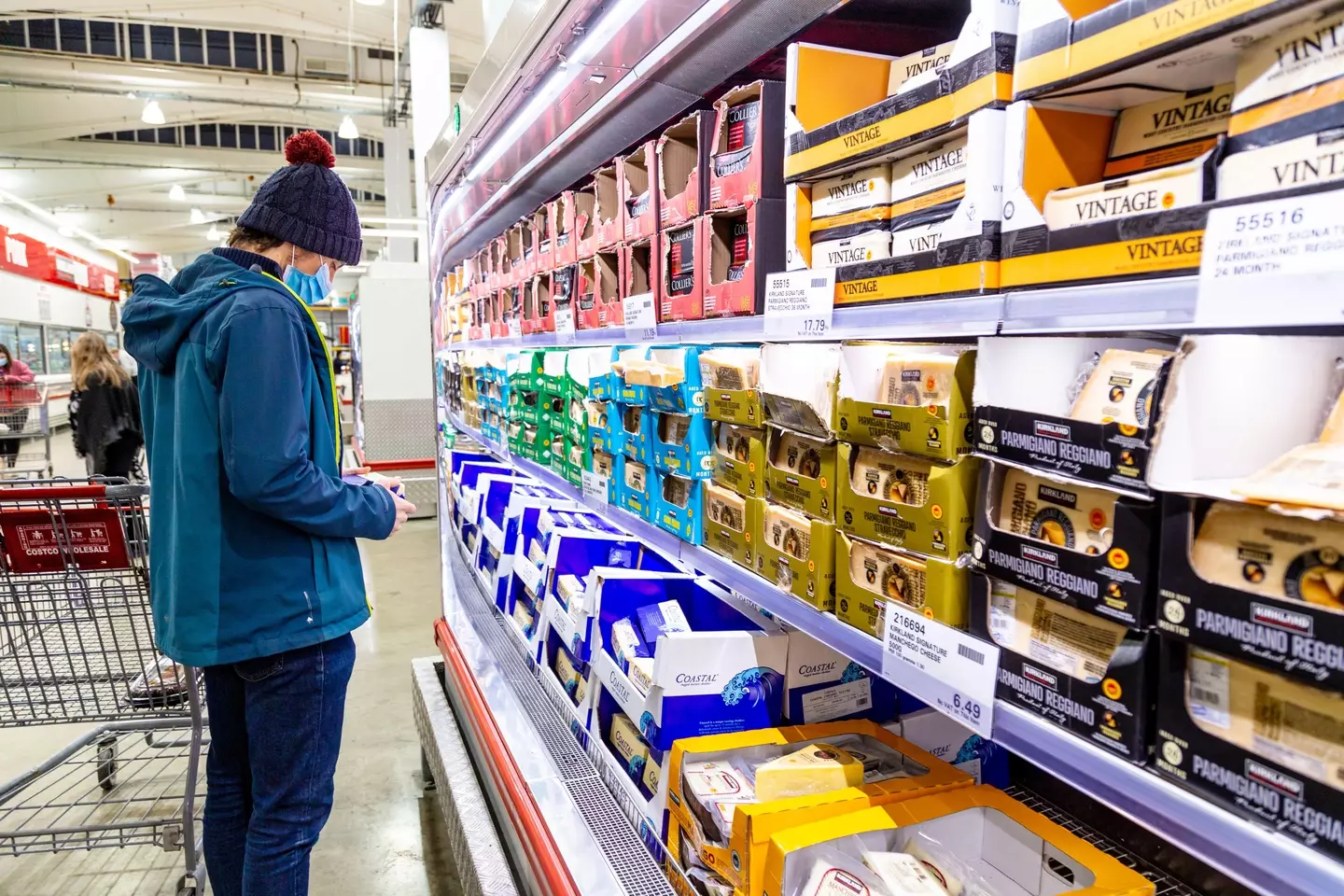
Another potential factor in the UK’s economic downturn has been Brexit. Where you voted for it or not, the benefits for ordinary working people have so far been nebulous.
Thwaites explained: “All the tax rises that we saw announced last year was roughly enough money to compensate the government for the loss of money for Brexit. That’s about £40 billion.
“People’s wages are a bit lower and the prices in shops are a bit higher because of Brexit as well.
Advert
“The whole world is wrestling with Covid and the war in Ukraine – it’s only the United Kingdom that left the European Union and added to those costs.
“Ultimately all of those things are going to push down the living standards for people in the UK.
“The cost of Brexit – let’s say that the average wage is roughly £25,000. Four percent of that is £1,000, so it’s like your wage being £1,000 less because of Brexit, roughly speaking.
“It could show up in your wages being lower or it could be that the price of everything you buy is higher because of Brexit.
“This dwarfs the money that we used to send as our ‘membership fees’ to the European Union, which were substantial but much less.
“That membership fee entitled us to be part of a single market that made the economy work better. That’s gone now.”
These problems are more likely to affect younger people as well as those who earn less.
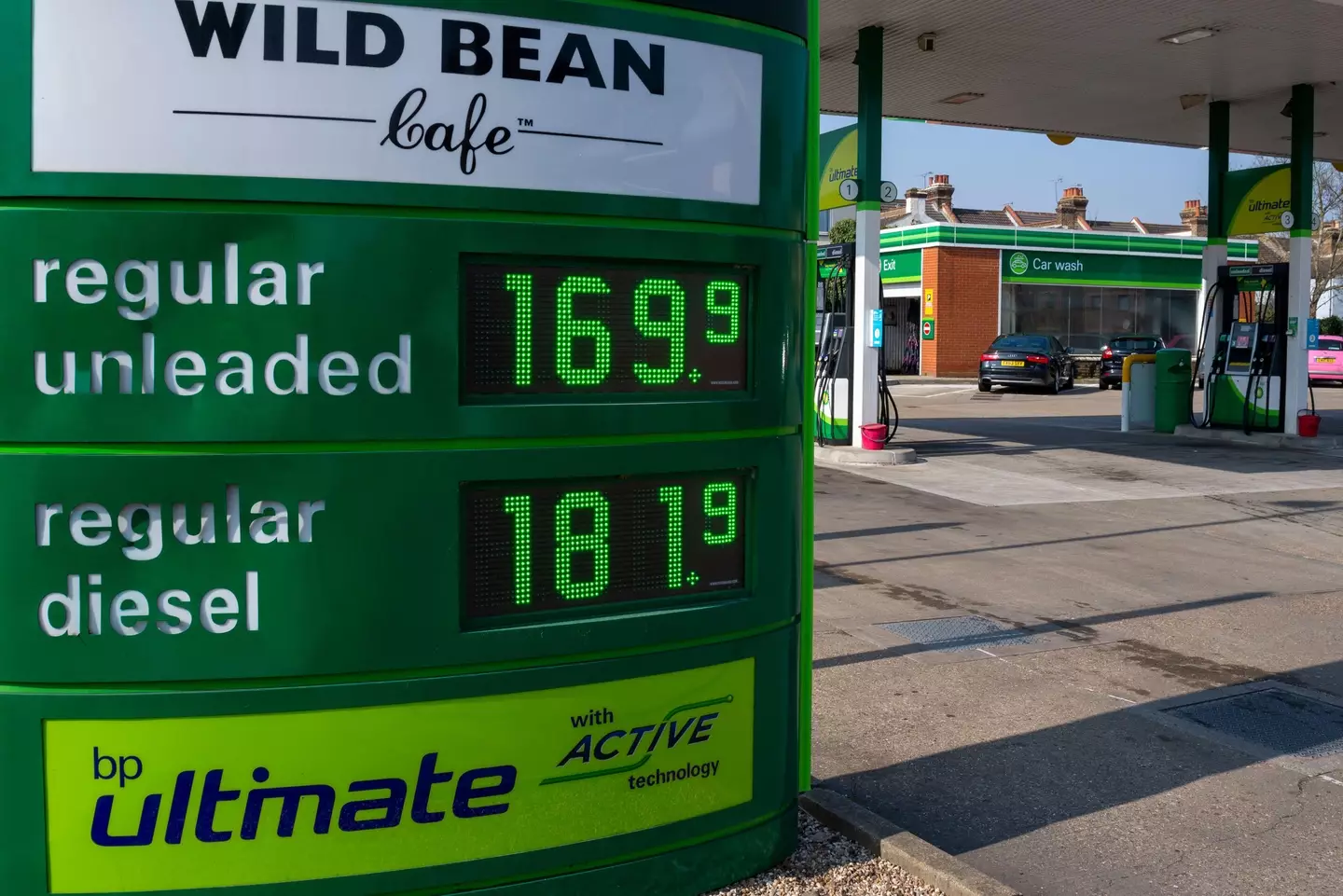
Liz Emerson, co-founder of the Intergenerational Foundation think tank, says some political decisions have inflamed under-30s’ financial plight.
Higher income tax is hitting young people's wages, but the older generation haven't had to deal with increased taxes on their wealth or assets, such as savings or property.
“Over the last decade, policies have been directed at increasing taxes from income compared to taxing wealth," she says.
“And it just so happens that young people have more income - they earn from income - whereas older people have more assets, or wealth.
“What that means, is that when it comes to taxing housing wealth, older generations are getting away scot-free, but taxing income has gone up.”
Emerson also pointed to what she calls ‘fiscal drag’, which forces younger people to start paying taxes early - such as student loans.
“What that means is that lower earners, which tend to be younger people because they’re moving into the employment labour market, are literally dragged into starting to pay taxation earlier.”
Taxation and fiscal drag aside, younger people are also more likely to have expenses that older generations don’t.
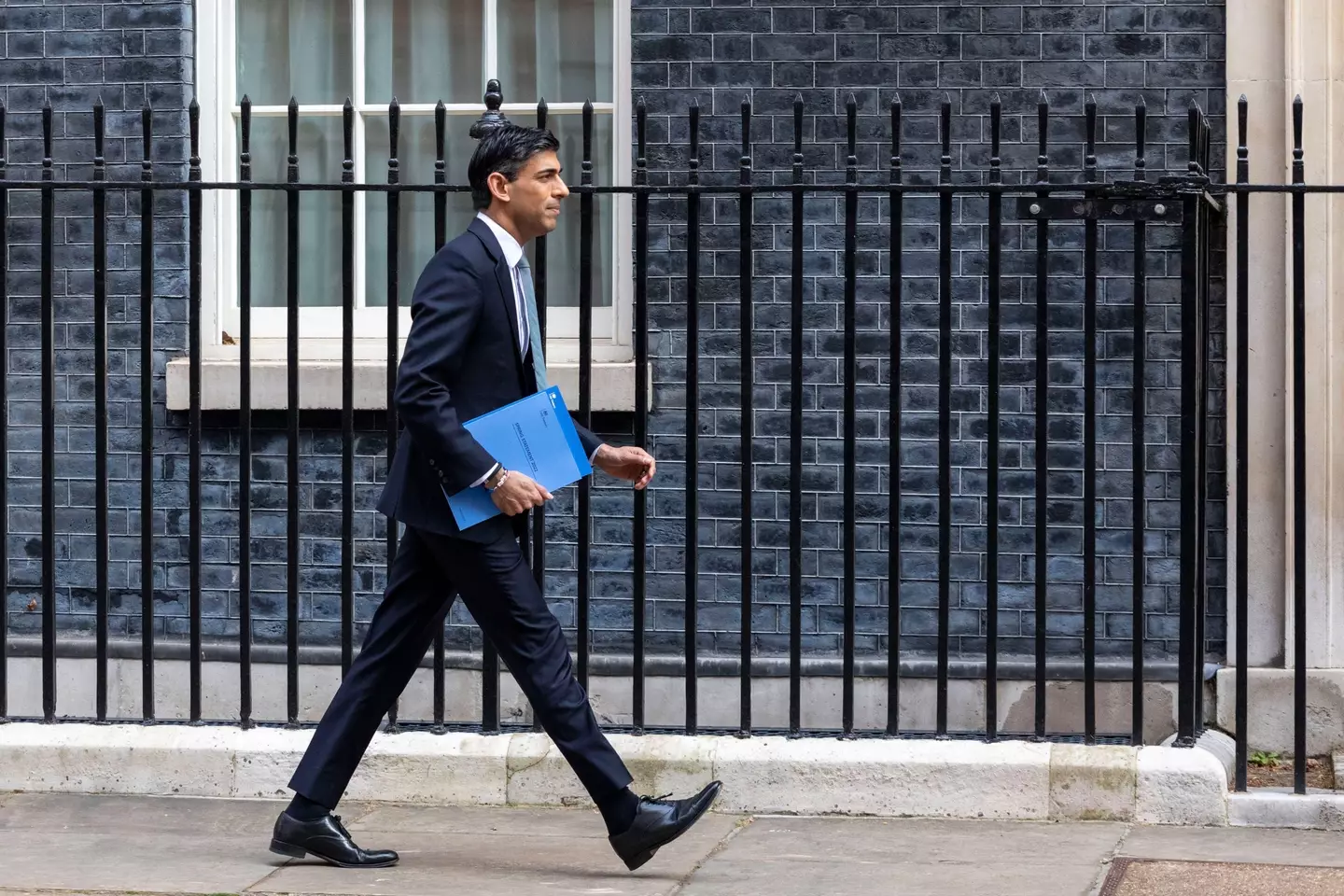
“Utilities, essential items, younger people are spending more on that than older people.
“It’s travel, computers, mobile phones - all the gadgets they need to be able to apply for work and keep a job as our society moves more towards a service economy as opposed to a manufacturing economy.”
Young people are also more likely to find themselves in insecure work - 56% of the gig economy are aged 18-34.
Emerson added: “Younger generations tend to be in more precarious employment. Their employment might be irregular, but bills are regular.
“We did a report back in 2019 that found the average person under 30 was having to spend two thirds of their weekly income on essential spending, and that was well before the pandemic.
“Add the war in Ukraine and the cost of staples - younger generations are probably going to be paying much more than that two thirds of weekly expenditure now.”
Again, these are bleak projections of what the future could look like, but solutions to the issue seem to be thin on the ground.
It begs the question – where does the rise in absolute poverty rank on the government’s radar?
Bartrum continued: “I think absolute poverty falling has surely must be one of the sort of top priorities of government if you have 1.3 million people falling into absolute poverty in a year, that is awful.
“It’s not the government’s fault that 1.3 million people will fall into absolute poverty, but it is unprecedented since data began."

Jill Rutter, an Institute for Government senior research fellow, said: “A lot of the factors are genuinely outside of the chancellor’s control.
“Increase in energy prices hitting depends on your energy mix [the UK is broadly dependent on foreign gas]. We are by no means unique outliers here in suffering from that.
“However, the chancellor will be trying to make sure that wages don’t go up, because he’ll be super worried about getting back into a wage price spiral which was the thing that characterised the 1970s, which was a very bad time economically.
“He’s taking a bigger chunk out of every pay packet.
“He decided to do that last year, partly – you might say – to start building his war chest.”
Ultimately, where do these political decisions leave us?
“There’s an argument that it’s not the government’s responsibility to keep people out of poverty, it’s people’s own responsibility, that’s one thing you hear," says Thwaites. “When it comes to child poverty – you don’t get to choose your parents.
“There’s a second argument that higher taxes damage the economy, and if you’re raising taxes in order to reduce poverty you end up shrinking the overall size of the pie and making the living standards problem worse."
Additional reporting by Aisha Nozari
Topics: UK News, World News, Money, Politics, Boris Johnson, Rishi Sunak